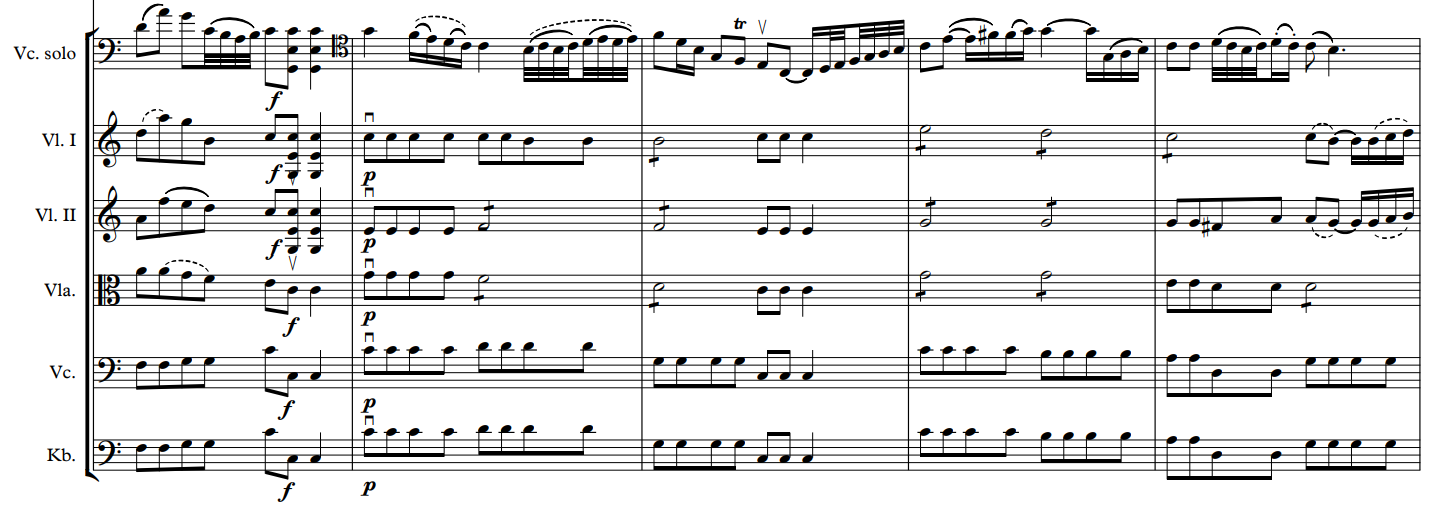Review of Ear Training Principles
95 Methods for Success in Modulating Melodic Dictation
In diatonic repertoire, formal structure inevitably includes modulations to different keys. This is what gives music direction, color, and interest.
It may seem intimidating to have to write a melodic dictation that contains a modulation. Remember, however, that the procedure for modulation is highly rational and predictable.
Know What You’re Modulating To – Common Directions in Modulation
Most diatonic music is “dominated” by the dominant-tonic relationship. Therefore, the dominant is the most common key to modulate to.
In minor keys, it is also very common to modulate to the dominant. Further, it is common to modulate to the relative major.
- Therefore, in this class, we will initially study melodic dictations that modulate to one or other of these common destinations.
Common Signifiers – Accidentals and Their Role in Modulation
One of the easiest ways to hear that a modulation is taking place is to listen for the presence of accidentals – tones that wouldn’t appear in the initial key signature. One of the commonest accidentals you’ll hear is the leading tone (ti) of the new key. This is because ti is part of dominant harmony, whether that’s chord V (sol-ti-re) or chord V7 (sol-ti-re-fa).
In Context – Haydn
In this example from the first movement of Joseph Haydn’s Cello Concerto in C Major Hob. VIIb:1, the F-sharp in the third measure (fi in the home key of C major) signals a modulation to the dominant, G major, where it is of course the new leading tone. Study the melodic line alone, trying to imagine a harmonic context. When you’re ready, look at the harmonic context below.
Practice Example: Melodic Line Only

Practice Example: Harmonic Context


